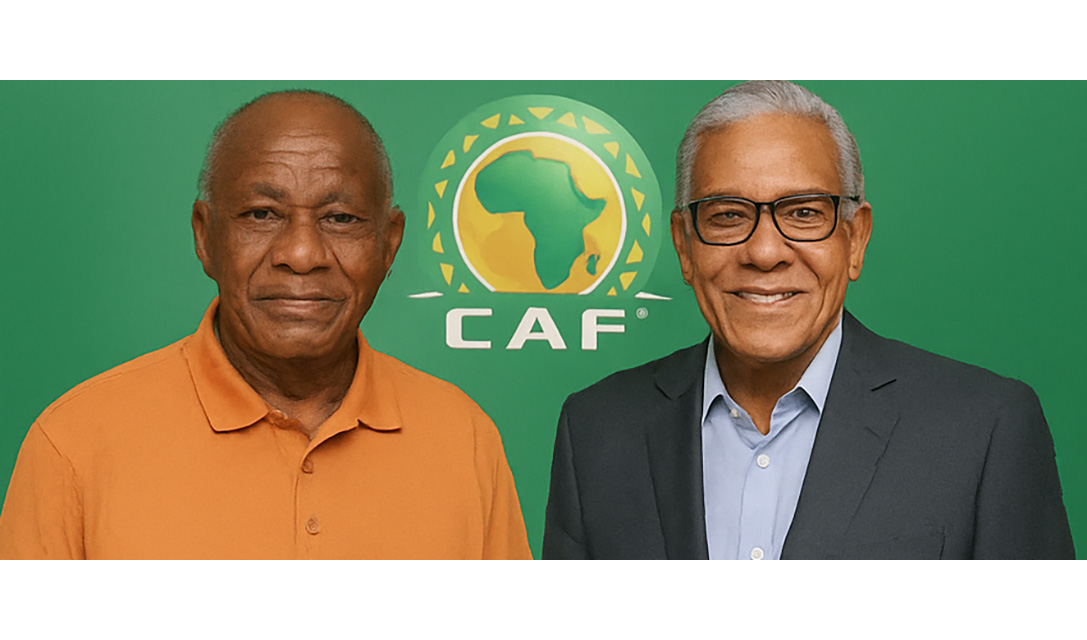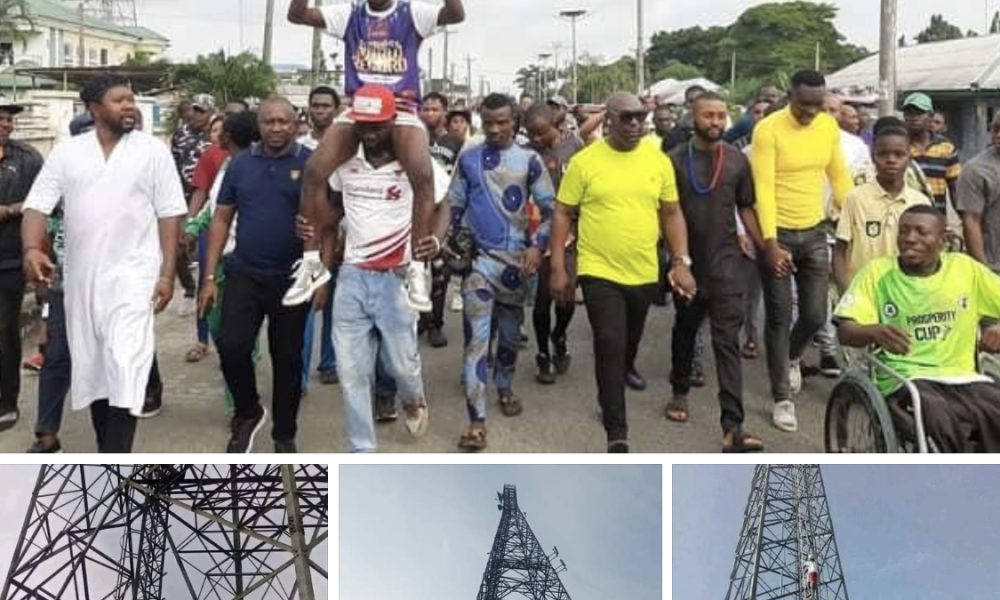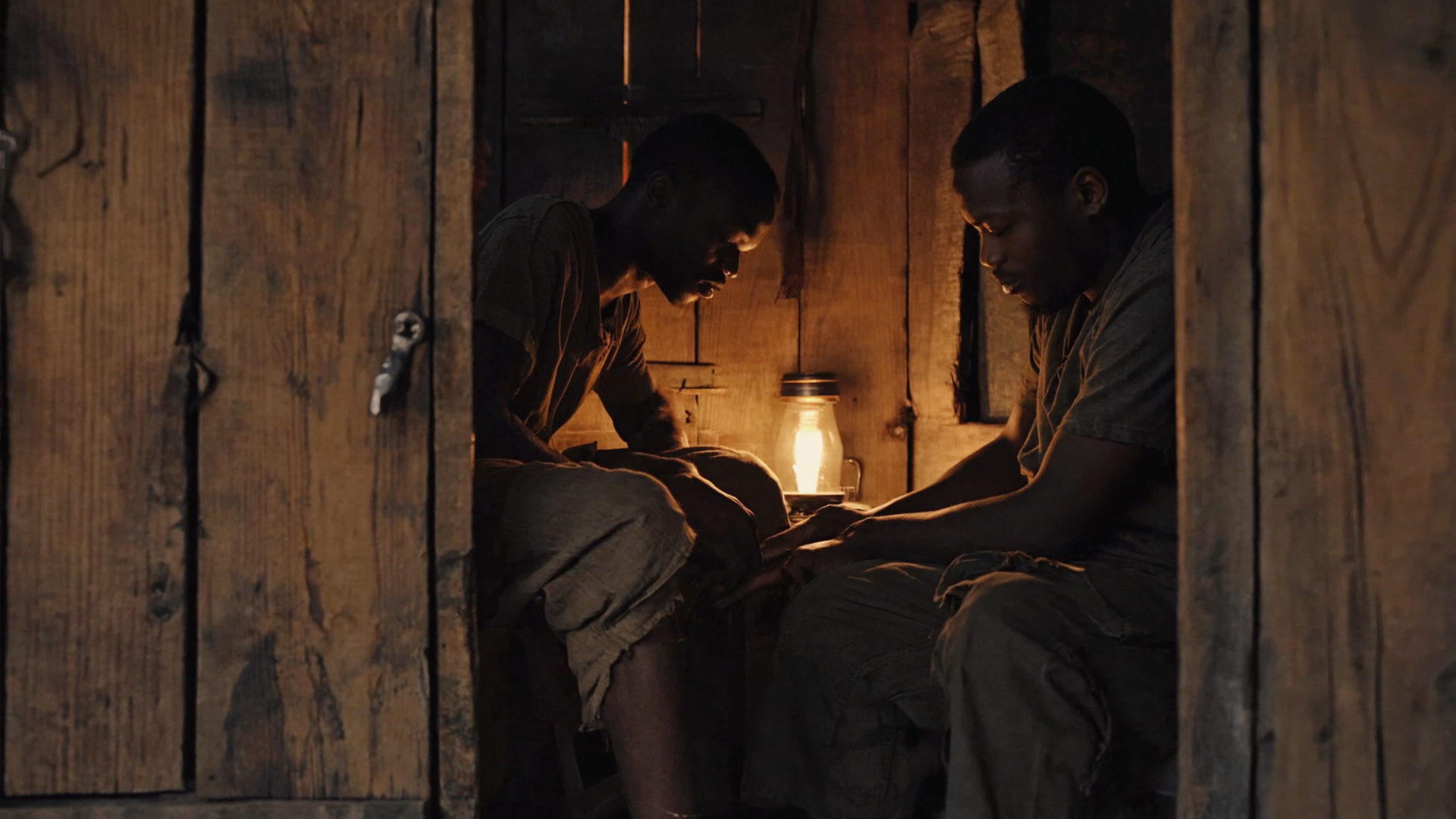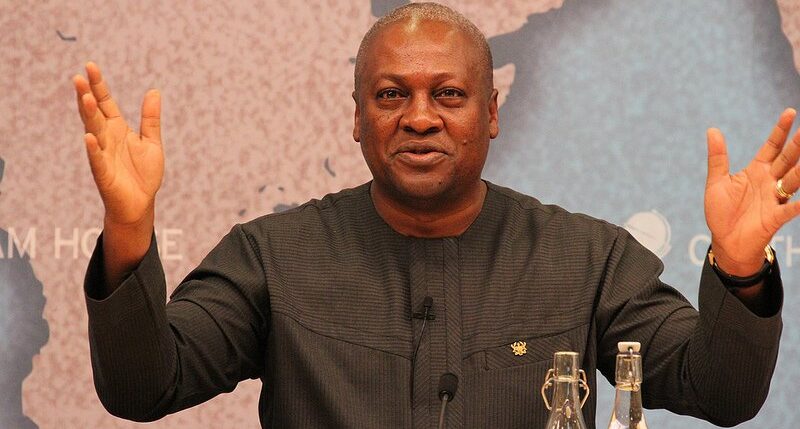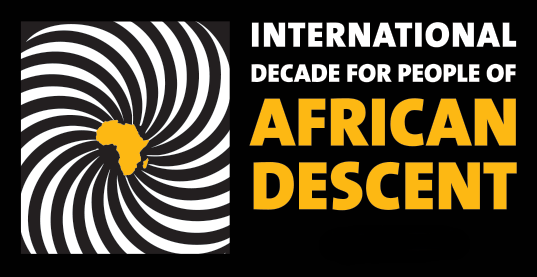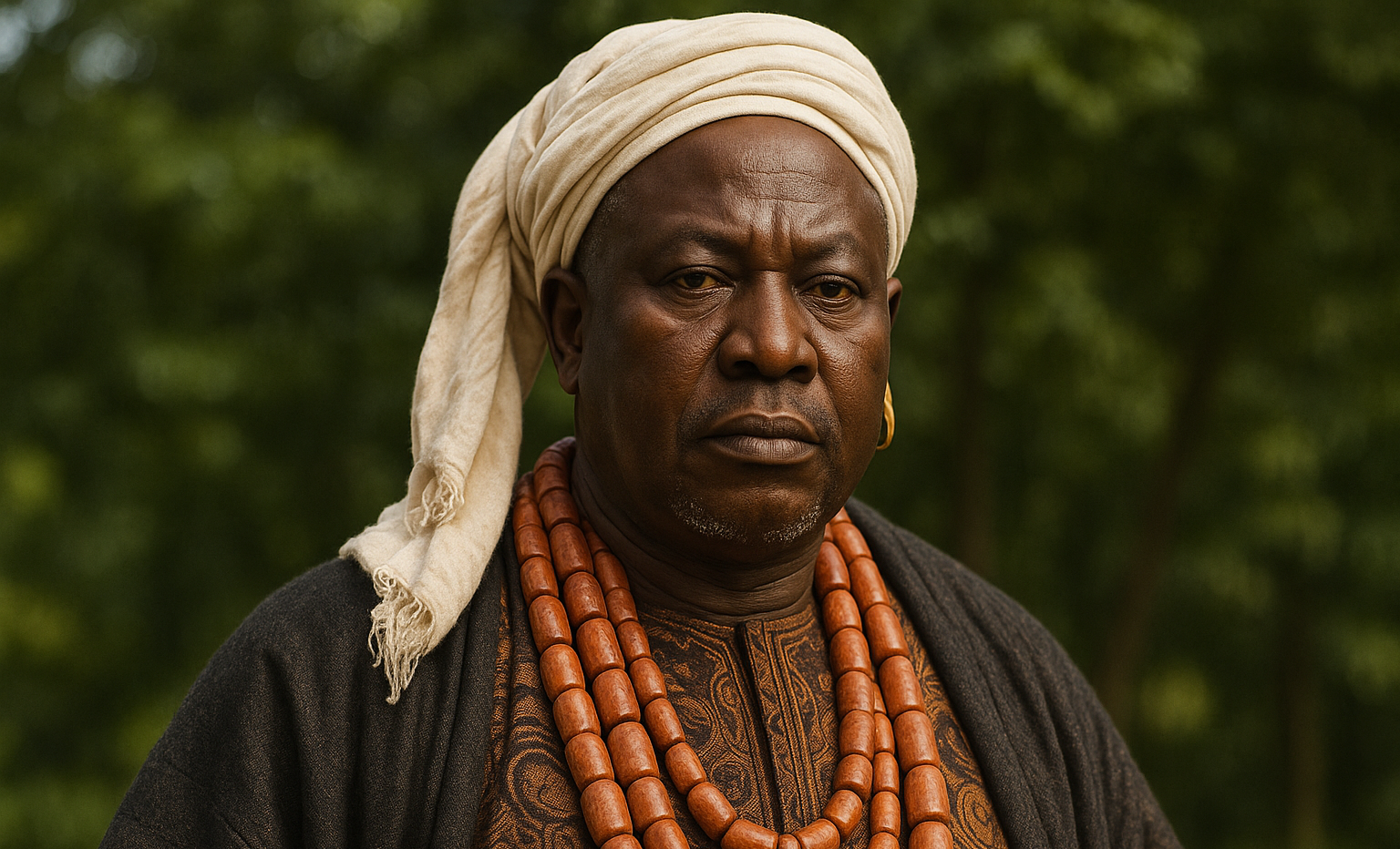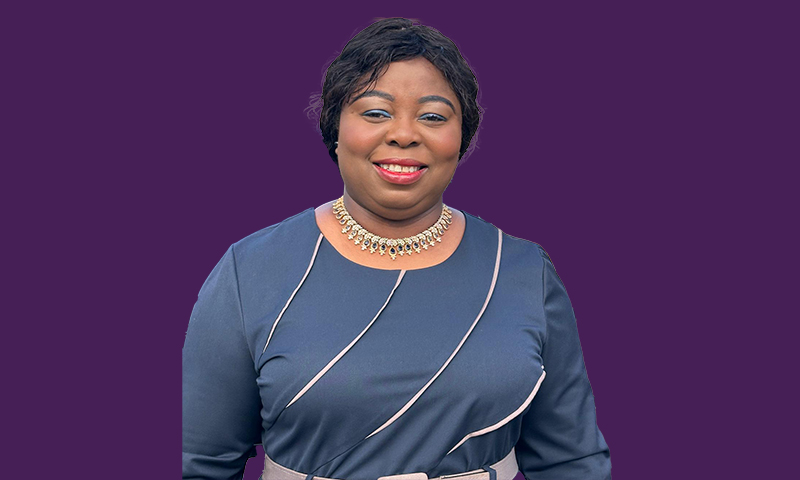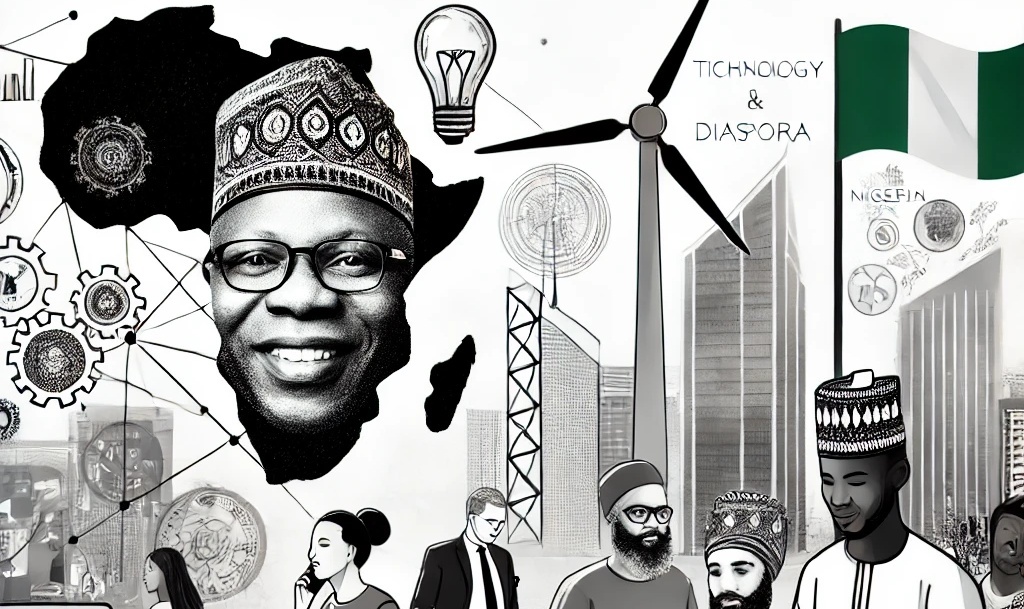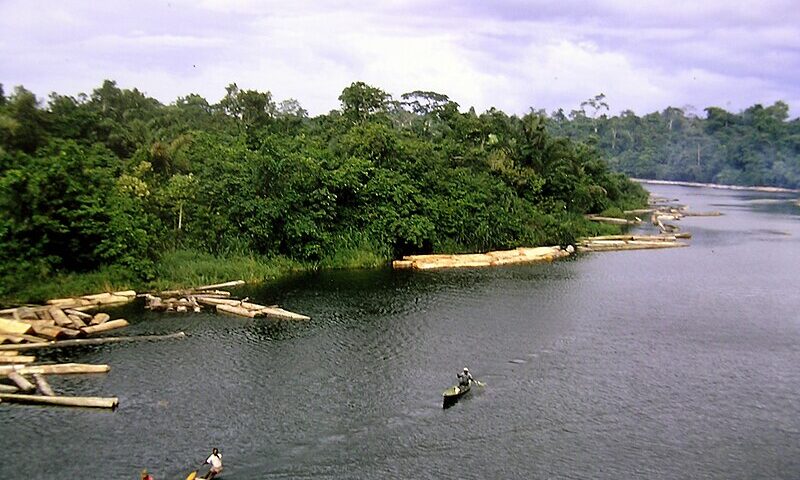The Paris 2024 Olympics was a significant disappointment for Nigeria, as the country, known for its athletic talents, sent 88 athletes to compete returned without a single medal. The underwhelming performance has sparked intense discussion within Nigeria’s sports community. Nigerian Sports Minister John Enoh termed the outcome a “disaster,” promising improvements for future competitions. Lifelong sporting journalist and analyst, Effiong Nyong in Nigeria’s Arise TV, highlighted administrative infractions and political maneuverings must have set the tone for the Nigeria’s dismal failure.
Many have detailed the need for urgent reforms in sports governance, funding, and infrastructure. While the results were disheartening, they also present an opportunity to rethink and rebuild Nigeria’s sports sector. A key focus should be, leveraging the power of the Nigerian Diaspora and the private sector to drive this transformation.
The Nigerian Diaspora: A Catalyst for Change
The Nigerian Diaspora has long impacted socio-economic development in the country, so sports should not be an exception. Nigerian athletes abroad often succeed more than those at home, while representing countries with better support. Notably, Yemisi Ogunleye won gold for Germany in women’s shot put, becoming the first German champion in 28 years. Annette Echikunwoke, representing the U.S. despite disqualification in Tokyo, claimed silver in women’s hammer throw. Other medalists included Salwa Eid Naser of Bahrain, who took silver in the 400m, and Michael Olise and Samu Omorodion. Both males contributed to their respective teams winning silver in men’s football for France and Spain. Accordingly, the Nigerian Diaspora athletes and influencers can form a pressure group to advocate for better sports governance and infrastructure. These should enhance funding, transparency and grassroots development to create a sustainable sports environment in Nigeria despite existing challenges.
First-Off – Fight Corruption and Inefficiencies
One of the biggest challenges facing Nigerian sports is corruption and inefficiency within sports administration. Instances of embezzlement of funds, neglect of athletes’ welfare, and poor infrastructure management have hampered the growth of sports in the country. To combat these issues, enhanced accountability mechanisms, including transparent accounting systems and regular audits must be implemented. Additionally, strengthening governance structures and ensuring merit-based appointments within sports organizations are crucial steps in creating a more efficient and responsible sports administration.
Real Sports Development
The Nigerian Diaspora can bring valuable expertise to rejuvenate the struggling sports sector, addressing underfunding, poor infrastructure, and inefficiencies. By rallying against these issues and partnering with private companies, improvements in training facilities, athlete sponsorship and competitive events could foster grassroots talent development and enhance global performance.
Actually, private sector investment in sports has been pivotal in creating jobs, boosting tourism, and promoting economic growth in various countries. In the US, significant investments in the NFL and NBA have enhanced their global appeal, leading to job creation in broadcasting and merchandising and transforming cities into sports tourism hubs. The UK has seen similar benefits from Premier League investments, significantly contributing to the local economy and GDP.
Though Nigeria’s sports sector suffers from limited private investment, but initiatives like Nigerian banks’ support for the Lagos Marathon highlights potential. Indeed, increased investment could foster growth and jobs, streamline management, reduce corruption and create a better environment for athletes to thrive and succeed.
Strategic Budgeting for Nigeria’s Sports Revitalization
To effectively implement these proposed reforms, well-structured budgeting is essential. The Nigerian Diaspora can boost sports development under Hon. Dr. Dabiri-Erewa headed Nigeria Diaspora Commission. Successful examples like the Irish Lobby for Immigration Reform (ILIR), which funded $90,000 in 2013 and AIPAC, with around $144 million annually, illustrate the potential impact of organized advocacy.
In truth, private sector’s percentile investment in Nigerian sports tied to Return on Investment (ROI) to cover infrastructure development, athlete sponsorship and training programs should work. Other departments of interest include sports management and administration training and grassroots sports development initiatives. All this, on the fact that such investments should not be cornered for rentier political patronage.
The Sports That We Need
The Paris 2024 Olympics highlighted challenges in Nigerian sports, but with Diaspora influence, private funding, and transparent budgets, Nigeria can rebuild its sports industry and achieve future global success. Nigeria spent $4 million spent at the 2016 Rio Olympics, to earn only one bronze medal, highlighting insufficient funding and poor athlete support. Kenya and Ethiopia invested more in their athletic programs and achieve better results.
Could a proposal of $100 million for infrastructure, $50 million for athlete support, $30 million for grassroots programs, $10 million for governance, and $15 million marketing address perennial issues in Nigeria sports? Such strategic investment could enhance athlete preparation, long-term development and overall Olympic performance.
RosaLyn
Website: https://diaspolitan.com


